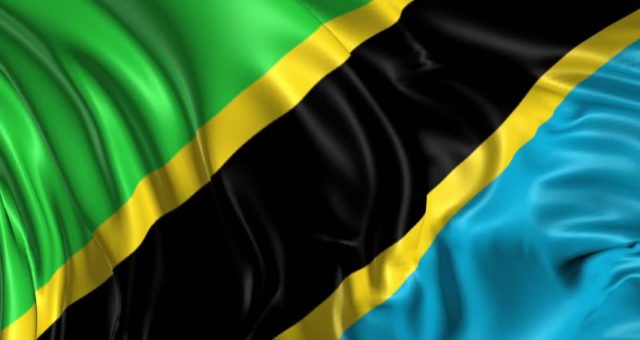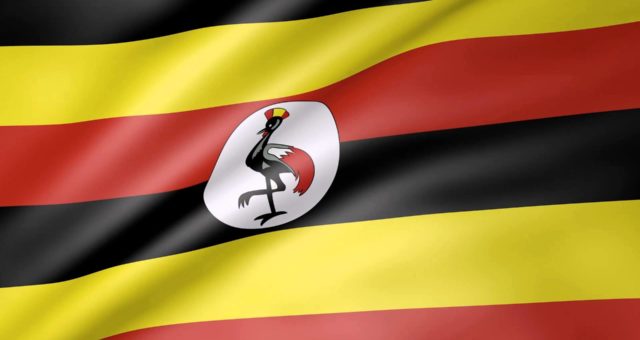TV news channels blocked in Pakistan after airing opposition speeches
Pakistan authorities should immediately unblock broadcasts of privately owned news channels Capital TV, 24 News HD, and Abtak News 247, the Committee to Protect Journalists said today. Yesterday, Capital TV posted a notice on Twitter stating that the three channels' transmissions had been blocked by the country's broadcast regulator, the Pakistan Electronic Media Regulatory Authority. Later that day, the Pakistan Broadcasters Association, a private industry association, issued a statement saying that the channels had been taken off air by the regulator without being given a reason or a hearing. The move came after the channels aired speeches…Read more


